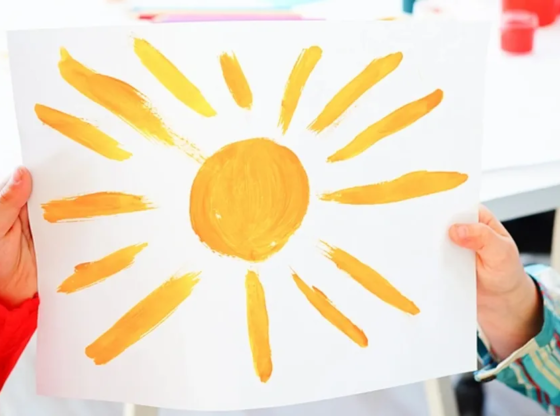Looking at Signs of Autism in Children
CDC statistics suggest that in 2020, 1 in 54 US children were diagnosed with autistic spectrum disorder (ASD). In this guide, we’ll discuss common signs of autism in children.
What is autism?
Autism is a lifelong condition, which affects development, communication and how people interact with others and the world around them. Autism is a spectrum disorder, and this means that people can have varied symptoms. Although symptoms can differ in nature and severity, some signs are more common than others.
Signs of autism in children
Most cases of autism are diagnosed after the age of 4, but often, symptoms are visible from a much earlier age. Autism can affect speech, interaction and communication and it also influences behavior. Here are some common signs of autism in children:
- Social communication and relationships
One of the most significant challenges for children with autism is communicating and interacting with other people and building relationships. Children with autism often find it hard to understand, process and respond to verbal cues and body language displayed by others. They also find it challenging to interpret any form of language that isn’t black of white, for example, sarcasm or metaphorical speech.
When talking to others or engaging in social interaction, it can be hard for children with autism to understand the emotional reactions or needs of friends or family members and to express themselves. This means that sometimes, people with autism can come across as cold or insensitive. Children may also prefer to spend time alone.
In the early years, children who have autism may not engage in eye contact with their parents or other children or adults, they might not respond to their name and they may start speaking later and less frequently than other children.
- Routines and repetitive behavior
The world can be a very confusing place for children with autism and many prefer to have a routine so that they understand what is going to happen and how the day is going to pan out. Many children with autism experience anxiety or unease if their routine is disrupted and they struggle to adapt to change. As well as responding positively to repetitive behaviors, for example, eating the same foods for breakfast every morning or wearing the same shoes every day, they might also display repetitive physical actions, such as flapping their hands, opening and closing doors or moving objects around in their hands. In younger children and babies, rocking is common.
- Heightened or reduced sensory reactions
Some people who have autism experience heightened sensory reactions to light, sound and smells, while others have reduced sensitivity. For those who have intense experiences, something as subtle as background music in a cafe can be incredibly distressing. Touch can also provoke negative responses. This is why some children prefer not to hug others.
- Interests
It is very common for children with autism to develop special interests and specific hobbies from an early age. Trains and cars are often a subject of great intrigue for young children, but hobbies can vary. Adults with autism tend to excel in specialist fields and they often take up roles within research and education settings, sharing their knowledge and expertise. For many children with autism, having a hobby is critical for their happiness and wellbeing.
- Anxiety
Anxiety is common among children and adults with autism. Coping with anxiety can be difficult, especially when children find it tough to build relationships and navigate the world around them. In many cases, there are triggers for extreme anxiety and managing anxiety and recognizing triggers can help adults to support children.
- Loss of control
Sometimes, children with autism find that they can’t cope, and life becomes too much. This can result in a meltdown or even a shutdown. Meltdowns often involve a mixture of physical and verbal actions, including crying, shouting and screaming and kicking and biting. Shutdowns can be equally distressing, despite being more passive. If a child shuts down, they will often become withdrawn and isolated because they don’t know how to express themselves or manage a situation.
Summary
Autism is a spectrum disorder, which means that it can cause a wide range of symptoms that vary in both nature and severity. Children with autism may not necessarily display the same signs, but there are some common characteristics. In most children, symptoms are linked to difficulties with social interaction, communication and establishing relationships, a preference for routine, repetitive behavior and an elevated risk of experiencing severe anxiety. It is beneficial to cater to each child’s needs, to understand the effects and symptoms of autism and to learn to spot triggers when caring for children with autism.

